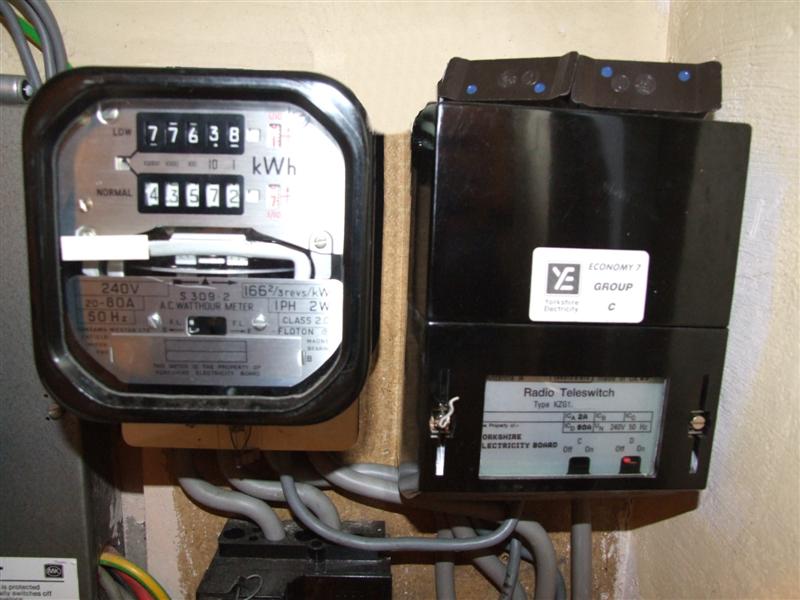A quick test that detects preeclampsia in just 30 minutes could save thousands of mothers and babies. Developed by IIT Madras researchers, this new biosensor helps diagnose a dangerous pregnancy complication that affects 2-8% of pregnancies worldwide.
Preeclampsia causes high blood pressure and organ damage during pregnancy. Without fast detection and treatment, it can lead to seizures, putting both mother and baby at serious risk.
“Placental growth factor is an angiogenic blood biomarker for pre-eclampsia diagnosis,” said Prof V.V. Raghavendra Sai from IIT Madras’ Biosensors Laboratory. “We’ve established technology to detect it at femtomolar level using polymeric optical fiber sensor probes.”
Current testing methods take hours and need expensive equipment and trained staff. This makes them unavailable in remote areas where medical facilities are limited.
The new test, called Plasmonic Fibre Optic Absorbance Biosensor (P-FAB), measures a protein called Placental growth factor (PlGF). In normal pregnancies, this protein peaks at 28-32 weeks but drops significantly in women with preeclampsia.
The breakthrough comes from using plastic optical fibers instead of glass ones. These are cheaper, stronger, and more flexible. The test needs just a droplet of blood (30 microliters) and gives accurate results in half an hour.
Similar Posts:
Most importantly, the test can identify problems as early as 11-13 weeks of pregnancy.
“Classifying women as high-risk early allows doctors to give low-dose aspirin, which can decrease preeclampsia cases,” said Dr. Ramprasad Srinivasan from Sri Sakthi Amma Institute of Biomedical Research.
Dr. Ratan Kumar Chaudhary, the study’s lead author, noted that the technology is environmentally friendly. “It eliminates harsh chemicals and uses recyclable materials,” he said.
The research team included experts from IIT Madras, Vellore Institute of Technology, Sri Sakthi Amma Institute of Biomedical Research, and Sri Narayani Hospital & Research Centre in Vellore. Their work appears in the journal Biosensors and Bioelectronics.
Clinical tests have confirmed the platform’s accuracy, reliability, and sensitivity. The technology could help millions of women, especially in places with few medical resources.

The technology could also help detect other diseases. “This approach can be used for on-site detection of cancer, tuberculosis, and Alzheimer’s,” said Dr. Jitendra Satija from Vellore Institute of Technology.
The researchers are now planning large-scale patient testing and prototype development to bring this life-saving technology to hospitals and clinics worldwide.


















